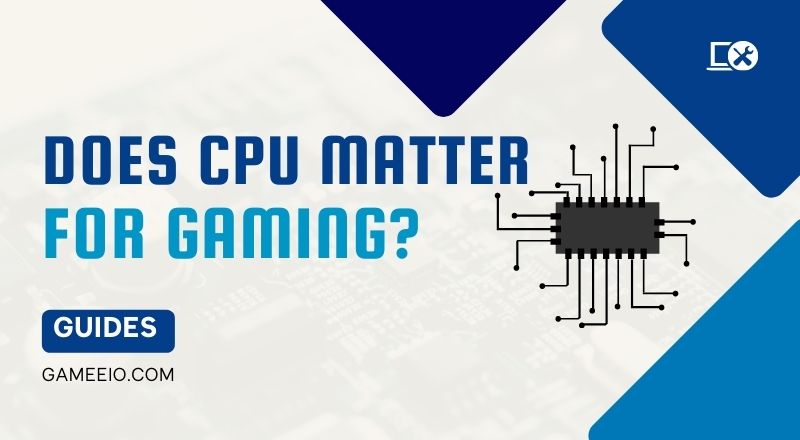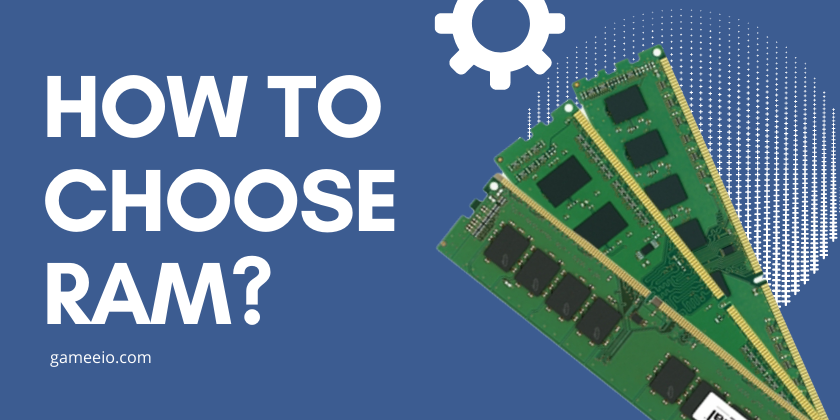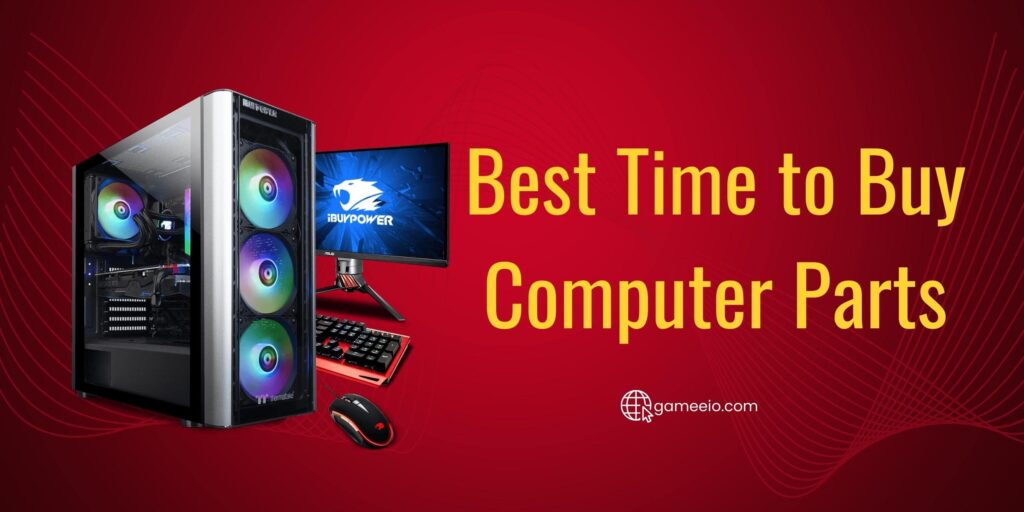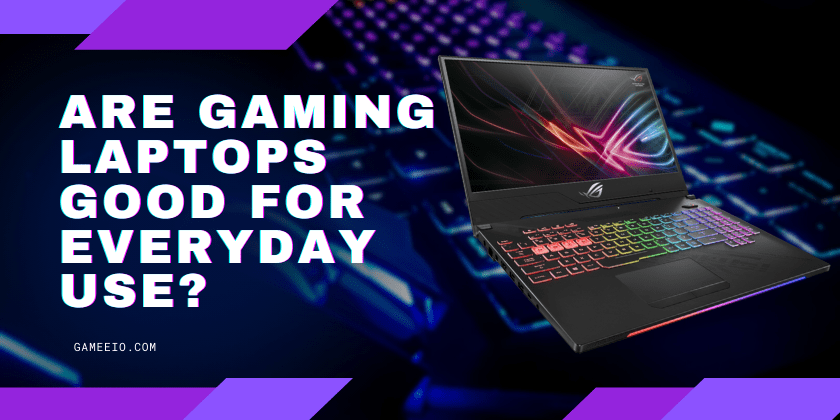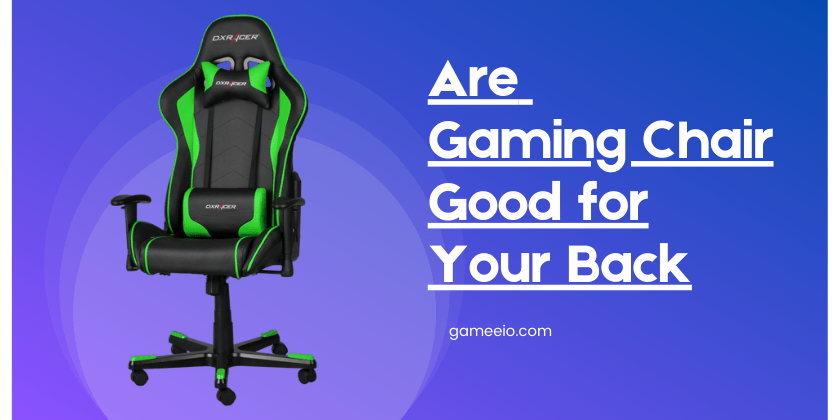Does CPU Matter for Gaming? While a video card is the main source of power and excitement when it comes to gaming, it can’t hurt to make sure your processor is up to snuff.
Preface: It seems as though every time a new game is released, the minimum requirements on the CPU and GPU go up. You will find that some games will be playable and others will not. This is because a lot of games have different algorithms in place and they may not be as demanding as others.
Why Does CPU Matter for Gaming?
A few decades ago, the CPU speed was the only thing that mattered. It was all about getting a higher clock speed because it would make a computer faster. But these days, that’s no longer the case. Here’s why you shouldn’t worry about your CPU speed as much. Does CPU Matter for Gaming? This article is all about that.
1. Does CPU matter for gaming?
In this article, we are going to be discussing whether or not the CPU matters for gaming. We are going to be looking at different CPUs and how they affect gaming performance. We will also be discussing what games are best suited for each type of CPU.
2. How do CPUs get their processing power?
One of the most important features of a computer is its Central Processing Unit or CPU. This small piece of hardware is responsible for the majority of the calculations that take place in a computer. Does CPU Matter for Gaming? But how does it do all that work?
In this article, we’ll take a look at the different factors that contribute to a CPU’s processing power, Does CPU Matter for Gaming ? we’ll also see how manufacturers are able to pack more and more cores into ever-smaller chips.
3. How do you benchmark a CPU?
Benchmarking a CPU is a process that can be used to determine the relative performance of different processors. Benchmarking software can be used to measure the time it takes for a processor to complete a set of tasks, or to generate a score that reflects the overall performance of the CPU.
While benchmarking can provide useful information, it is important to remember that different tasks may favor different CPUs, so it is important to use benchmarks that reflect the tasks that are most important to you.
4. Do I need an expensive CPU for gaming?
In order to enjoy gaming, you don’t need an expensive CPU. For example, a Pentium G4560 is a great option for budget gamers. If you want to save money on your build, it’s a good idea to invest in a quality graphics card and focus on the other components of your PC.
Also Read: What Does a Good CPU Do for Gaming?
5. Benchmarking CPUs with 3Dmark
Benchmarking CPUs is a way of testing the performance of a processor by running a series of standard tests. This can be used to compare the relative performance of different processors or to determine how well a particular processor will perform with certain software or tasks.
One popular benchmarking tool is 3Dmark, which tests the performance of CPUs and graphics cards in a range of scenarios. You can use 3Dmark to test the performance of your current system or to compare different systems and hardware configurations.
3Dmark includes a number of different tests, each designed to test different aspects of CPU and graphics card performance. The Fire Strike test, for example, is designed to measure the gaming performance of a system, while Sky Diver measures the general-purpose computing performance.
The CPU’s Role in Gaming
The CPU is responsible for performing instructions and performing calculations for various tasks, including running the game itself and managing background processes such as operating system functions and background applications. In gaming, the CPU plays several vital roles:
Game Logic and AI:
Many modern games depend heavily on complex game logic and artificial intelligence (AI) algorithms to create immersive and challenging gameplay adventures. A powerful CPU can manage these tasks more efficiently, showing smoother gameplay and more lifelike AI behaviors.
Physics Simulation:
Physics engines in games are responsible for simulating realistic object interactions, from the movement of characters to the behavior of projectiles. A capable CPU can contribute to a more authentic and sensible physics simulation, improving the overall gaming experience.
Game World Simulation:
Open-world games, in certain, demand significant CPU power to handle large, active game worlds with numerous NPCs, vehicles, and objects. A powerful CPU can help maintain constant frame rates and prevent lag in such backgrounds.
Frame Rate Stability:
While the graphics card (GPU) mainly affects the frame rates and graphical loyalty in games, the CPU’s version can influence frame rate stability. A CPU blockage can lead to frame rate drops and stuttering, even if you have a high-end GPU.
Conclusion:
In conclusion, Does CPU Matter for Gaming? The answer to the question of whether CPU matters for gaming is a definitive yes. While the graphics card is the most important factor in terms of gaming performance, the CPU also has a significant impact on the overall gaming experience. Those looking to get the best possible gaming experience should make sure to choose a CPU that can handle the games they want to play. Benchmarking CPUs.

